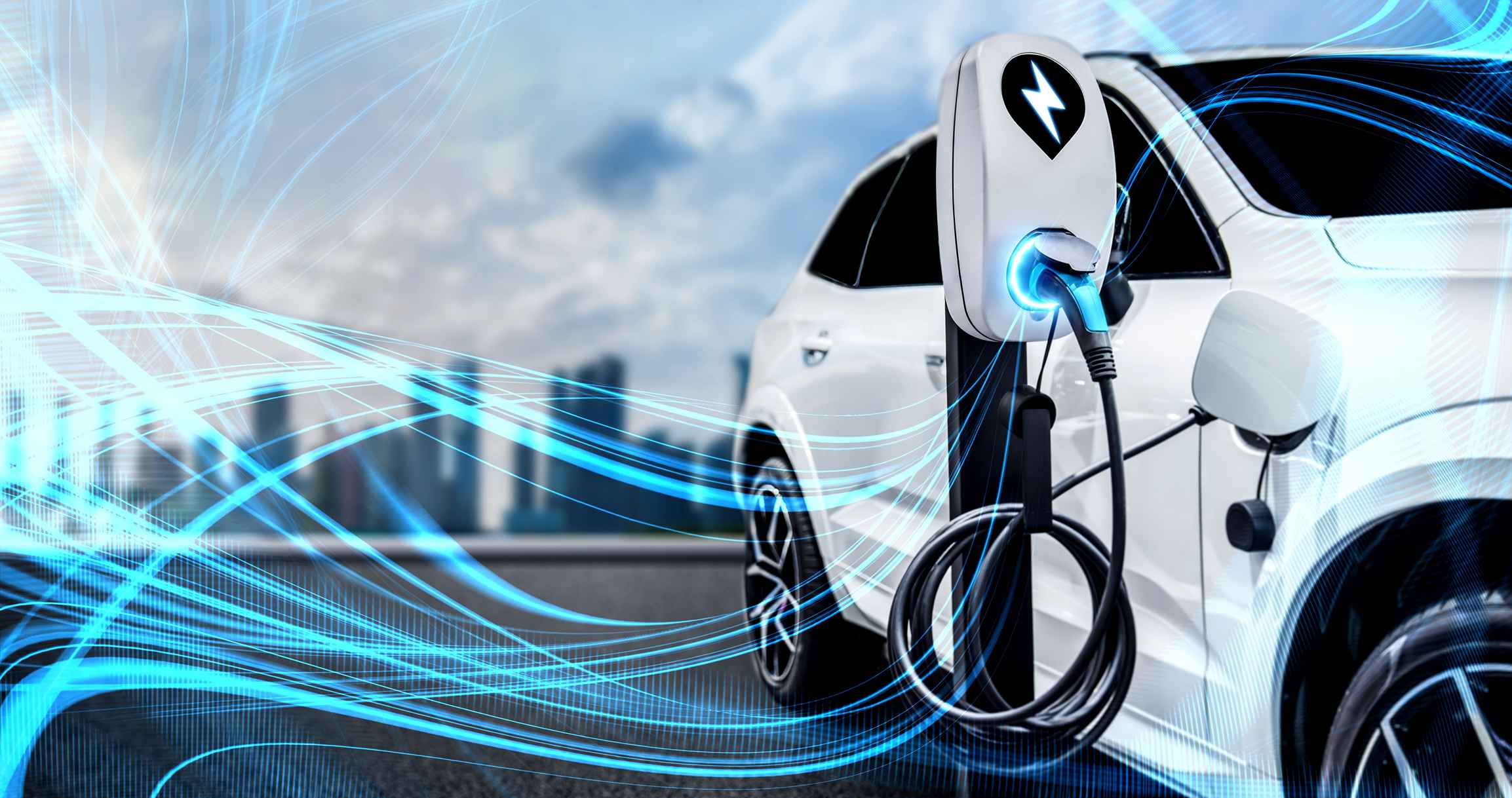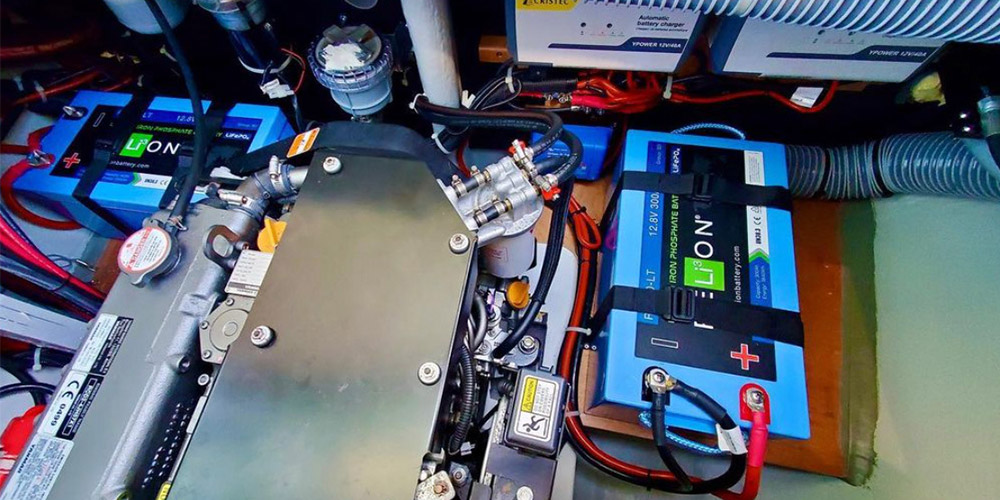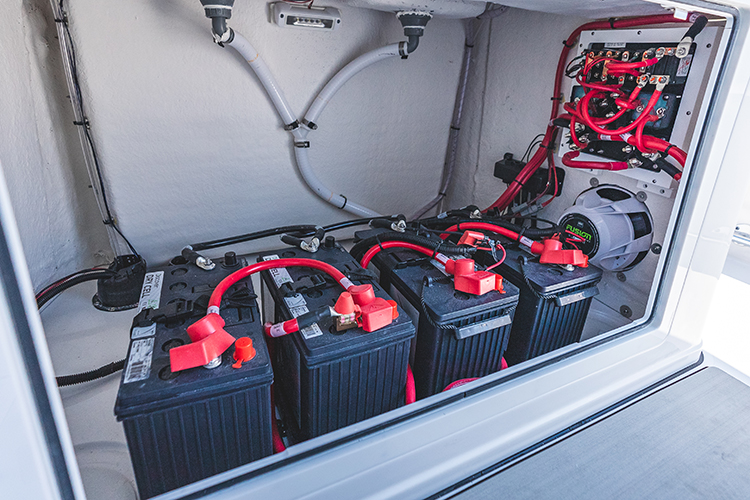In recent years, a seismic shift has swept across the landscapes of the auto and marine industries, heralded by the rise of lithium batteries. These remarkable power sources, celebrated for their efficiency and lightweight nature, have become the backbone of a new era in transportation.
Gone are the days dominated by gas-guzzling engines and heavy, inefficient batteries; today, innovation is redefining how we think about energy. With the urgent push for sustainability, the allure of lithium batteries lies not only in their capability to provide longer ranges and faster charging times but also in their potential to reduce carbon footprints significantly.
As manufacturers adapt, integrating these cutting-edge technologies into vehicles and vessels, the question looms: What makes lithium batteries so indispensable in our quest for cleaner, more efficient transportation? Exploring this phenomenon unveils a captivating narrative of progress, necessity, and the promise of a greener future.
The Rise of Electric Vehicles (EVs)

The rise of electric vehicles (EVs) marks a seismic shift in the automotive landscape, as consumers and manufacturers alike pivot towards sustainable alternatives in the wake of growing environmental concerns. Once considered a niche market, EVs have surged into the mainstream with the allure of cutting-edge technology and impressive advancements in battery efficiency.
From sleek sedans to robust SUVs, these vehicles promise not just reduced emissions but also exhilarating performance, challenging our perceptions of what an automobile can achieve. Meanwhile, governments around the globe are incentivizing this electric revolution with subsidies and investments in charging infrastructure, creating a fertile ground for innovation.
As more players enter the fray, competition heats up, driving down prices and escalating the urgency for advancements in lithium battery technology—an essential backbone of this electric uprising. The question is no longer if EVs will dominate the roads, but rather how quickly they will reshape our transportation future.
Advantages of Lithium Batteries Over Traditional Alternatives

Lithium batteries are revolutionizing the auto and marine industries, offering a plethora of advantages over traditional alternatives like lead-acid and nickel-cadmium batteries. First and foremost, lithium batteries boast a significantly higher energy density, which translates to longer usage times and greater power efficiency; this means that vehicles can travel further on a single charge, promoting the sustainability that today’s consumers demand.
Moreover, they have a remarkably low self-discharge rate, maintaining their charge for much longer periods when not in use—a critical factor for marine applications where reliability is paramount. In addition, these batteries are much lighter than their traditional counterparts, enhancing the overall performance and handling of vehicles while reducing fuel consumption.
Lastly, lithium technology benefits from a longer lifespan, with many models lasting up to twice as long as older battery types, ultimately saving owners time and money on replacements and maintenance. In essence, the shift towards lithium batteries not only meets the needs of modern transportation but also sets the stage for a cleaner, more efficient future.
Conclusion

In conclusion, the rise of lithium batteries in Malta is reshaping the landscape of both the auto and marine industries, driven by their superior energy density, efficiency, and environmental benefits. As manufacturers increasingly pivot towards electric vehicles and sustainable marine solutions, lithium batteries emerge as the cornerstone of this transformation.
Their ability to facilitate longer range, quicker charging times, and reduced weight positions them as the preferred choice for modern transportation. In places like Malta, where renewable energy initiatives are gaining momentum, the integration of lithium batteries will play a pivotal role in advancing green mobility.
As we look to the future, it is clear that lithium batteries will not only dominate the current market but also pave the way for more innovative and sustainable solutions in the years to come.


